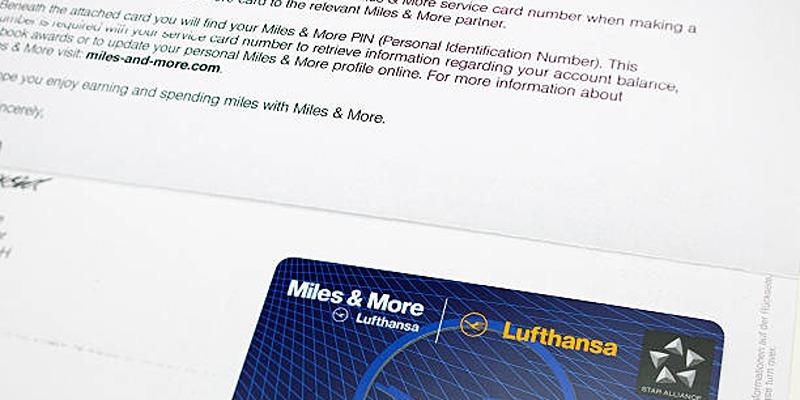Why Eating Slowly May Help You Feel Full Faster: Everything You Should Know
Many people eat their meals fast in today's fast-paced world, usually disregarding the advantages of eating slowly. However, eating slower can help you feel full faster, promoting better eating behavior. Eating slowly allows the brain more time to process your food, indicating when you have eaten enough. That helps your body more successfully control your cues for fullness and hunger.
Practicing conscious eating will help you to enjoy your food better, stop overindulgence, and enhance digestion. This article will discuss how eating slowly can help you feel full quickly, facilitating maintaining a balanced diet and avoiding overindulgence. It also benefits your body.

The Science Behind Eating Slowly
Eating slowly allows your body to signal your brain your degree of fullness. These signals regulate your consumption of food. The process begins in the stomach, where stretch receptors detect food levels. Food promotes the release of hormones, including ghrelin and leptin, as it passes through the stomach. Hunger and satiety depend on these hormones in large part.
Known as the hunger hormone, Ghrelin lowers when you eat; leptin rises to tell your brain you are full. Eating fast can avoid this natural reaction and cause overindulgence since your brain lacks rapid, adequate signals. Eating slowly helps you let these hormones work as they should, which speeds up feelings of fullness. Eating slower gives more time for these signals to reach the brain, preventing too high-calorie intake and encouraging better portion control.
How Eating Slowly Reduces Overeating?
Eating too rapidly often results in overindulgence since your brain cannot sense fullness in time. Eating quickly could cause you to finish your meal before your body signals it is full. Eating slowly lets your body break down the meal better, which helps you notice when you have had enough. Mindful eating helps you to notice the sensory experience of eating, including taste, texture, and scent.
This focus on detail can help you avoid overindulging and feel more content with fewer servings. Research indicates that slow eaters often have better control over their food intake and are less prone to post-meal pain or bloating. Slowing down during meals also helps with emotional eating by encouraging awareness and helping you focus on hunger indicators rather than on outside triggers or stresses that can cause overeating.
Understanding The Role of Chewing and Digestion
Eating slowly mostly depends on chewing your food completely. Correct chewing breaks food down into smaller bits that your body can more easily absorb. Saliva, which comprises digestive enzymes meant to break down starches, starts the process. Food combines with saliva while you chew to become more easily digestible for your stomach. That facilitates greater absorption of nutrients in addition to digestion. Chewing gently starts your digestive system, lessening the strain on your stomach and intestines.
The stomach may more effectively absorb nutrients when food breaks into tiny particles, avoiding problems including bloating or indigestion. Eating slowly guarantees that your body can effectively metabolize meals, facilitating the acquisition of the required nutrients. Furthermore, chewing more completely reduces the food your body needs to feel full, promoting portion management.
Psychological Effects of Eating Slowly
Slowing down your eating has psychological as well as physical advantages. Slowing down at meals fosters a more laid-back environment that can help ease food-related stress and anxiety. Eating becomes a more conscious experience in which you may savor your food's tastes, textures, and smells. Emphasizing the sensory elements of eating helps you to notice how much food you have eaten and whether you still feel hungry.
Emotional or mindless eating can often lead to overeating, but this mindfulness can avoid it. Moreover, slowing down helps you cut off outside temptations like TV or phone use, which can sometimes cause overeating without knowledge. Eating becomes a more pleasant experience when one creates a peaceful environment and concentrates on the current meal, lowering emotions of deprivation and encouraging a better relationship with food.
Tips for Eating Slowly and Feeling Full Faster
Start by making little adjustments to your eating behavior to learn slow eating. Set your utensils down between bites first. This little deed allows your brain time to digest your food and can help stop overindulgence. Smaller bits can also help you chew properly by helping you control the quantity of food you swallow at once. Reducing distractions during meals is another good advice.
Steer clear of TV, phone browsing, and reading while eating since these will speed up your eating without regard to your hunger signals. Rather, concentrate on the taste sensation of eating and aim to enjoy every mouthful. Eating in a peaceful, quiet area will also assist you in relaxing since it lets you savor the food and concentrate on your body's signals. These little adjustments will result in better eating habits and more sensation of fullness with repetition.

The Impact of Eating Slowly on Weight Management
Managing weight can be much improved by slow eating. Taking your time with meals increases your likelihood of feeling content with smaller servings, which will help you keep a good weight. Eating slowly lets your body break down the meal so it may release hormones controlling fullness and hunger. You could thus be less prone to overindulge in snacks or food between meals. Research indicates that slow eaters typically have better eating habits, including improved portion management and less cravings.
Mindful eating helps you to make better food decisions and reduces your likelihood of consuming too many calories. Over time, this can help to gradually better control weight. By helping you to establish a closer relationship with your body's natural and fullness signals, you can reduce emotional or stress-related eating and avoid needless overindulgence brought on by outside events.
Conclusion:
Eating slowly helps digestion, stops overeating, and makes one feel full faster. By slowing down your chewing of food and noticing hunger signals, you may control your portion sizes and encourage deliberate eating. This habit can help you make better decisions, improve your relationship with food, and more successfully control your weight. Eating slowly over time can improve general health and result in more enjoyment of meals. These routines can help you enjoy your food and feel full with less effort.












